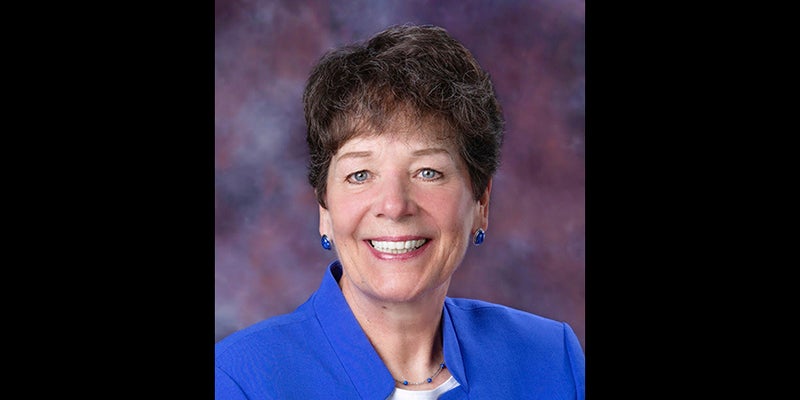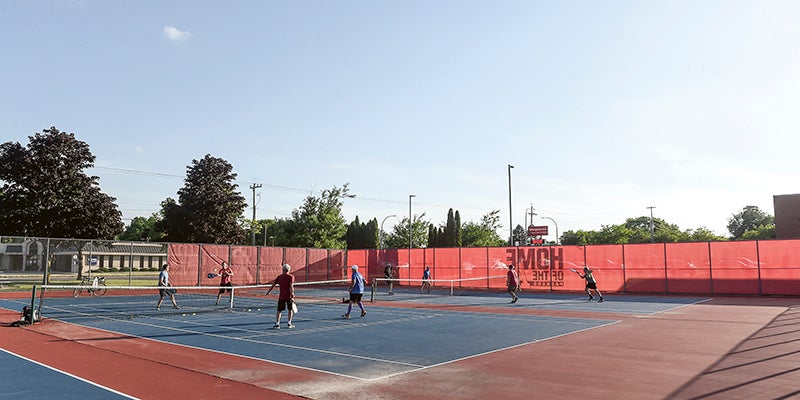Better than a Google search, 211 helps thousands of Minnesotans in need
Published 10:28 am Saturday, September 21, 2019
By Cody Nelson
Every 2.3 minutes, a Minnesotan calls 211 seeking help for themselves or another person in need.
On the other end of the line is someone like Kayli Rivera.
She described a type of call she’d get on her shift: A single mom contacts 211. She’s facing eviction and has three kids. She needs some help.
First off, Rivera would get her zip code to find where the caller is. Next, Rivera would find resources for rental assistance in their area.
“Then we would also assess for other needs,” Rivera said. “Does she need a food pantry? Do her kids need clothing? If it’s back to school, does she need back to school resources?”
Rivera and other community resource specialists at 211 hubs across the state, operated by the United Way, make more than 273,000 referrals every year — each referral a connection between a Minnesotan and a social service they need.
In an age where people are more likely to go to the internet to find such information on their own, 211 maintains its massive user base due to the quality of information it can provide.
“If you just do a Google search for food shelves, you’re going to get all kinds of stuff,” said Trudy Cretsinger, who works at the Bloomington 211 call center.
The search results could include places far from the person in need, or they may not be eligible. That’s where 211 comes in — to find the best information.
“If you call 211, we will get the food shelf that serves your area,” Cretsinger said. “We’ll tell you where to go, what the hours are, what the intake process is so that you’re prepared and you know when you go there, you’re gonna get help.”
People can also text 211 and access its information online.
Far and away, the most-common issue for callers is housing, said Julie Ogunleye, United Way’s program officer for 211 and policy. More than a third of calls are seeking assistance on emergency shelters, rent assistance and affordable housing information. Other common housing-adjacent calls are for utility assistance and legal support for landlord-tenant issues.
Mental-health related calls are also common. About 7 percent of Minnesota 211 inquiries were for things like crisis intervention, addiction help and information on mental health services, according to a database tracking the calls.
Despite the more than quarter-million referrals Minnesota 211 staff make annually, some workers say not enough people know about the service.
“I don’t think people know we’re here,” Cretsinger said.
Cretsinger herself didn’t know about 211 until she had to call it. Years ago, she was an intern at a Twin Cities church when a young woman called the office and said she had been assaulted by her landlord, who was keeping her deposit.
The matter would be sorted out in court, Cretsinger said, but she wanted to help the woman find a place to stay in the meantime.
“Oddly enough, I had been hearing about 211 ‘cause the United Way had some sponsorship or something going on Minnesota Public Radio,” Cretsinger recalled. “I said, ‘Well, I’ve heard about this, let’s call it.’ So we did and they were able to get us some information that we could relate to her.”
While they may not be as widely known as they’d like, the people behind 211 want to spread the message that they’re around to help.
“There are resources out there and it is not always easy to understand what’s available, what do I qualify for,” Ogunleye said. “If you’re in that situation and you are looking for something to when it’s a great place to go and at least start looking.”





